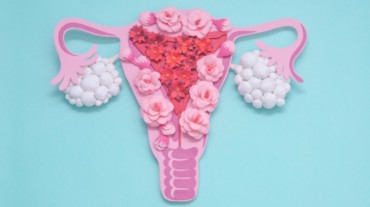Chat with ![]()

Chat with ![]()


PCOS is increasingly becoming one of the most common lifestyle diseases among women. And if we talk data, one in every five women is affected by PCOS. The number is on the rise because of the sedentary lifestyle we’re all living–especially during the lockdown.
PCOS is a hormonal disorder that causes facial hair growth, weight gain or weight loss, thinning of hair, and much more. And amongst all its manifestations, if there is one thing that causes women the most discomfort, then it’s abnormal periods.
In fact, changes in your menstrual cycle can be a dead giveaway of whether or not you have PCOS. Here are four ways in which this syndrome can affect your periods:
When you have PCOS, the hormonal balance of your body gets disrupted. And in some cases, you might also develop a cyst. Because of hormonal fluctuations, your body might not be able to release an egg which can lead to one or more missed periods.
This condition where you have missed multiple periods is called amenorrhea, and it can lead to infertility in severe cases. So, it is always recommended to track your periods and consult a doctor about any irregularities.
Sometimes your period can surprise you with an early visit, whereas other times it might seem like they’re not coming at all. While delays spanning a day or two are completely normal, if you have been noticing drastic delays regularly, then you need to talk to your gynaecologist.

When you miss a period or if your periods are irregular, then those four days of menstruation can be a living hell. The hormonal imbalance that PCOS creates in your body can leave you bloated causing increased cramping in your pelvic area.
PCOS causes low levels of progesterone and an excess of oestrogen in the body. This situation leads to the thickening of the uterus wall which can make your period heavier and longer. Sometimes a heavy period might also be accompanied by blood clots. So checking in with your doctor at the right time can help you avoid future complications.


PCOS causes an imbalance of hormones in your body and these imbalances mean that you aren’t ovulating properly, thus paving the way for fertility issues. PCOS has also been linked to heart disease in women, which is why it is important to seek professional help for it and get it under control.
Get Latest Updates on Intimate Health, Feminine Hygiene, Menstruation, Sexual Health